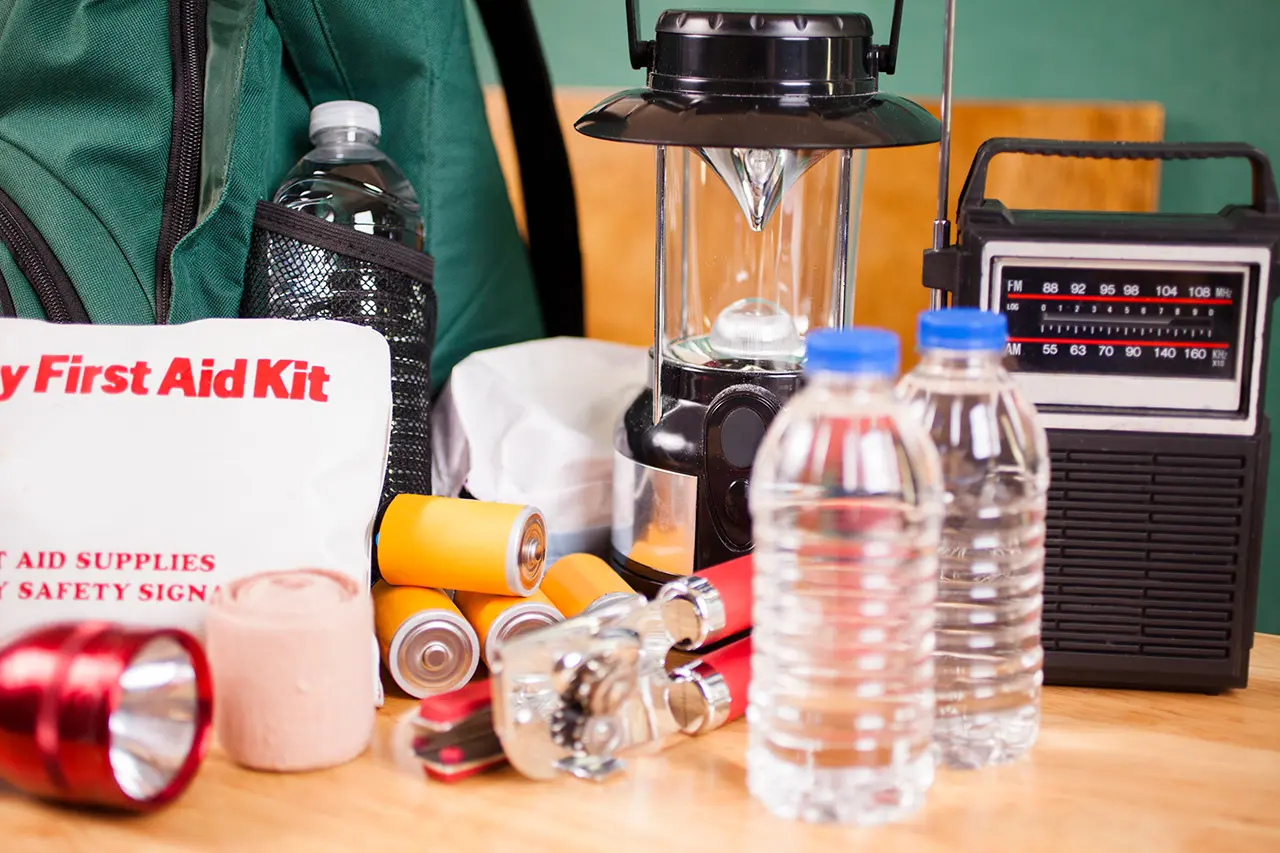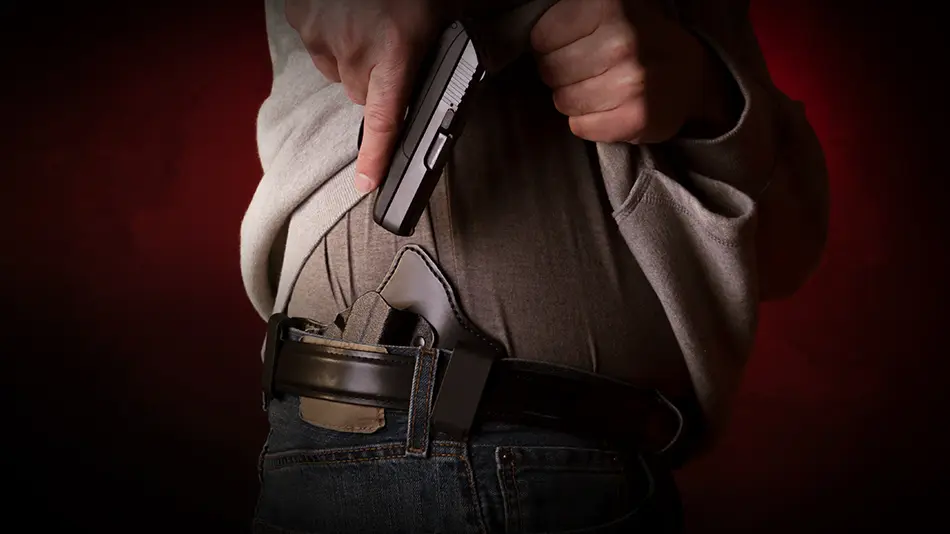Let’s address a debate that has been raging over the years and intensifying recently in the media: “Ghost Guns.”
What is a Ghost Gun, and is it Illegal in Georgia?
The term “ghost gun” is a scary name the media has given to a homemade firearm. There is nothing new or spooky about ghost guns. Ghost guns are pistols or rifles made either from separate parts collected by the builder or from kits that have no serial number, or a combination of kits and parts.
When you buy a lower receiver or frame for a rifle or a pistol from a manufacturer, those parts are serialized: they have an imprinted serial number the manufacturer is required to place on the receiver or frame by law.
Unfinished Receivers
Kits, often called “80% receivers,” “80% lowers,” “unfinished receivers or frames,” or “receiver blanks” are exactly that: they are unfinished. While having the shape of a lower receiver for an AR rifle, the unfinished frame or blank is solid inside and has no place to insert a trigger or fire control group.
It has not been machined, and because it has not been machined, it is considered a “receiver blank.” That blank has not yet reached what the Bureau of Alcohol, Tobacco, Firearms and Explosives (“ATF”) refers to as a “stage of manufacture” that would make the blank a firearm and require a serial number.
Personal Use
So long as they otherwise do not fall within the definition of a National Firearms Act (“NFA”) item (such as short-barreled rifles, short-barreled shotguns, silencers, or destructive devices), these receiver blanks—and they can be found for AR-style rifles, pistols, AK-model firearms, Glocks, even 1911-style pistols—are lawful to make and use in Georgia, so long as the builder does not sell the gun. This is a “ghost gun.” If you make the gun yourself, for your own use, a ghost gun is legal.
Americans have always had the ability to make their own firearms. This is recognized by both the Gun Control Act of 1968 and the Brady Gun Violence Prevention Act, the act that established our current background check system, with exceptions that allow personal firearms to be made by individuals. If it’s a firearm or device that would fall under the National Firearms Act, you must pay the tax stamp before you build or even purchase the parts to build.
For more information on ghost guns in Georgia, or for information on legal firearms and how to carry them, please call U.S. LawShield and ask to speak to your Independent Program Attorney today.
The preceding should not be construed as legal advice nor the creation of an attorney-client relationship. This is not an endorsement or solicitation for any service. Your situation may be different, so please contact your attorney regarding your specific circumstances. Because the laws, judges, juries, and prosecutors vary from location to location, similar or even identical facts and circumstances to those described in this presentation may result in significantly different legal outcomes. This presentation is by no means a guarantee or promise of any particular legal outcome, positive, negative, or otherwise.





Matt,
Once again you have hit it out of the park with simple, concise language. Your explanation of the eccentricities associated with “Ghost Guns” was spot on. Makes me proud to be a member, as well as having had the pleasure of talking with you face to face on a number of occasions at Big Woods Goods. Keep up the great work.